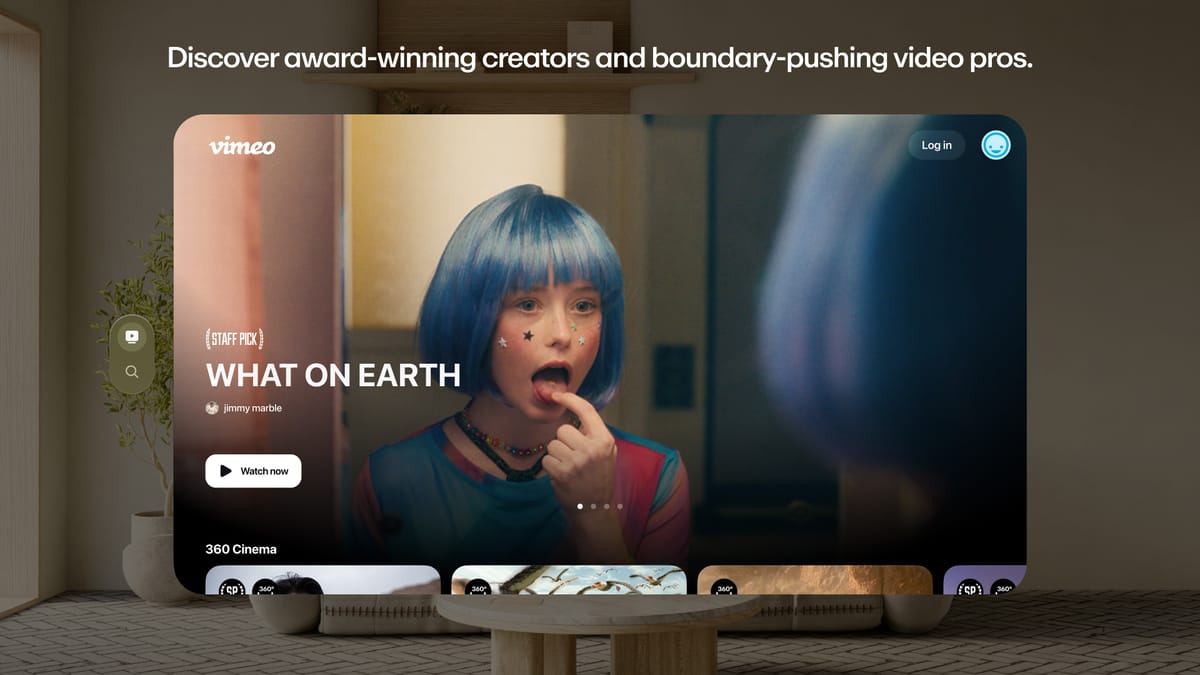Apple’s Final Cut Pro video editing software for Mac now supports editing spatial videos.
Spatial Video is Apple’s term for stereoscopic 3D video using the Apple HEVC Stereo Video Profile format of MV-HEVC. Spatial videos can be captured by all iPhone 16 models, the iPhone 15 Pro models, Apple Vision Pro, and Canon’s EOS R7 camera with its upcoming spatial lens attachment.
Final Cut Pro 11 for Mac is out now, and it includes the ability to import and edit spatial videos, add effects and titles with adjustable depth, and make color corrections that apply to both views.
Spatial video projects can be previewed instantly on Apple Vision Pro, including when connected via Mac Virtual Display. You can also publish them to your Photos library to view on Vision Pro later, or upload them to a platform that supports spatial videos and Vision Pro such as Vimeo.
The update also brings new AI-powered features to Final Cut Pro, including the Magnetic Mask, which automatically segments people and objects without the need for a green screen or rotoscoping, and automatic captioning with a very low error rate.
Final Cut Pro for Mac is available for $300 on the Mac App Store. And Apple Vision Pro’s new Ultrawide Mac Virtual Display mode is arguably the ideal way to use it, whether you’re editing regular video or spatial video.
Vimeo Now Has A visionOS App & Supports Spatial Videos
Vimeo now has an Apple Vision Pro app and natively supports Apple’s spatial video format, including uploading from iPhone.

Until now, spatial videos have mostly been simple consumer-captured clips, mostly intended to relive a memory at a later date. But now, the ability to edit spatial videos, combined with a platform to publish them on, could lead to professional entertainment, documentary, and educational productions, especially after Canon’s R7 spatial lens ships.
Vimeo said it was funding the first spatial video short film, called Currents, which was supposed to release on November 11. But three days later, it’s nowhere to be seen. We’ve reached out to Vimeo to ask what the status of Currents is.
This article was originally published on uploadvr.com